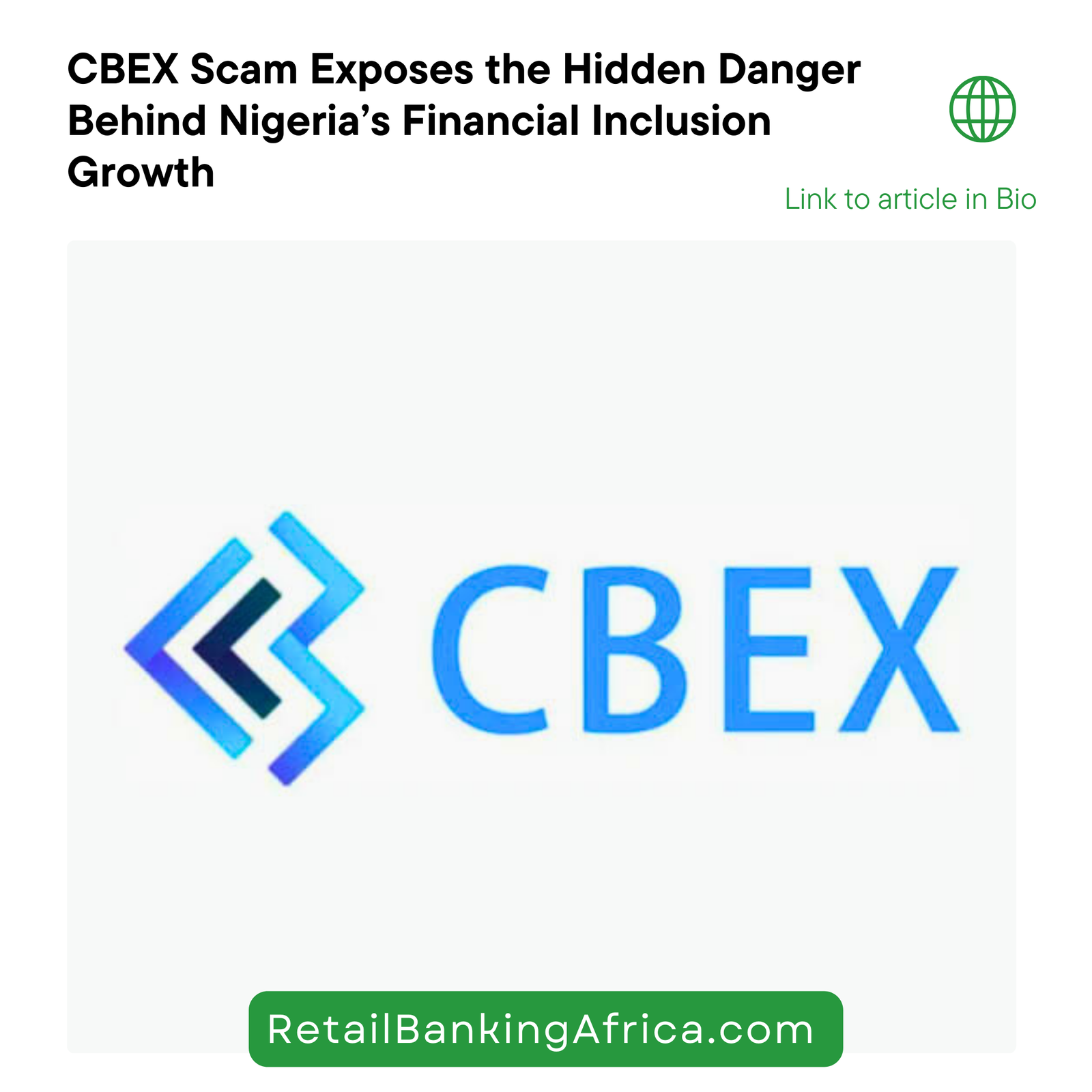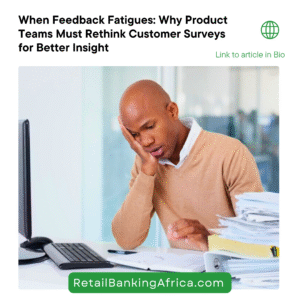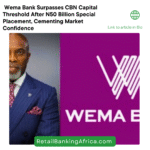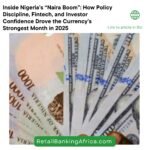U.S. tariff policies are creating ripples far beyond American borders — and Nigeria’s tech ecosystem could be one of the hardest hit. While the 90-day suspension of the proposed trade tariffs by former U.S. President Donald Trump has delayed immediate consequences, the looming uncertainty is already triggering concern among investors and experts monitoring African markets.
During the era of low-interest rates in the U.S., billions of dollars flowed into emerging markets like Africa, where venture capitalists sought higher returns. But with tariffs threatening to disrupt global trade dynamics and accelerate inflation, the enthusiasm is waning. Experts warn that a full return of protectionist U.S. trade measures could lead to unstable exchange rates, slower non-oil exports, and dwindling investor confidence.
Temitope Omosuyi, a UK-based investment analyst, explained, “The uncertainty introduced by these tariffs will likely prompt a cautious stance among investors. Key startup sectors in Nigeria — fintech, agriculture, logistics, and cross-border payments — may feel the heat first.”
Already, funding into African startups is showing signs of stress. According to Africa: The Big Deal, venture capital inflow in March 2025 was a meager $50 million — the lowest monthly total since 2020. Overall, Q1 2025 saw $460 million raised across the continent, a 5% drop from the same period in 2024. In Nigeria, the situation appears flatlined: the country attracted just $410 million in VC funding in 2024, the lowest since 2021.
Maya Famodu, founder of Ingressive Capital, believes the broader economic landscape in the West may trigger even more cautious behavior. “High tariffs usually fuel inflation. If the U.S. slips into recession, it becomes a buyer’s market. Investors will tighten their portfolios, and that spells trouble for African startups,” she said.
However, not everyone sees a negative outlook. Tayo Oviosu, CEO of Nigerian fintech firm Paga, believes that current market dynamics may drive more investment into private markets like Africa’s. “With public markets underperforming, private investments in regions like Africa may become more attractive as investors seek a balanced portfolio of risk and returns,” he noted.
While uncertainty prevails, some investors may still see opportunity in Africa’s resilience. But the question remains: will they act now or watch from the sidelines until the dust settles?












